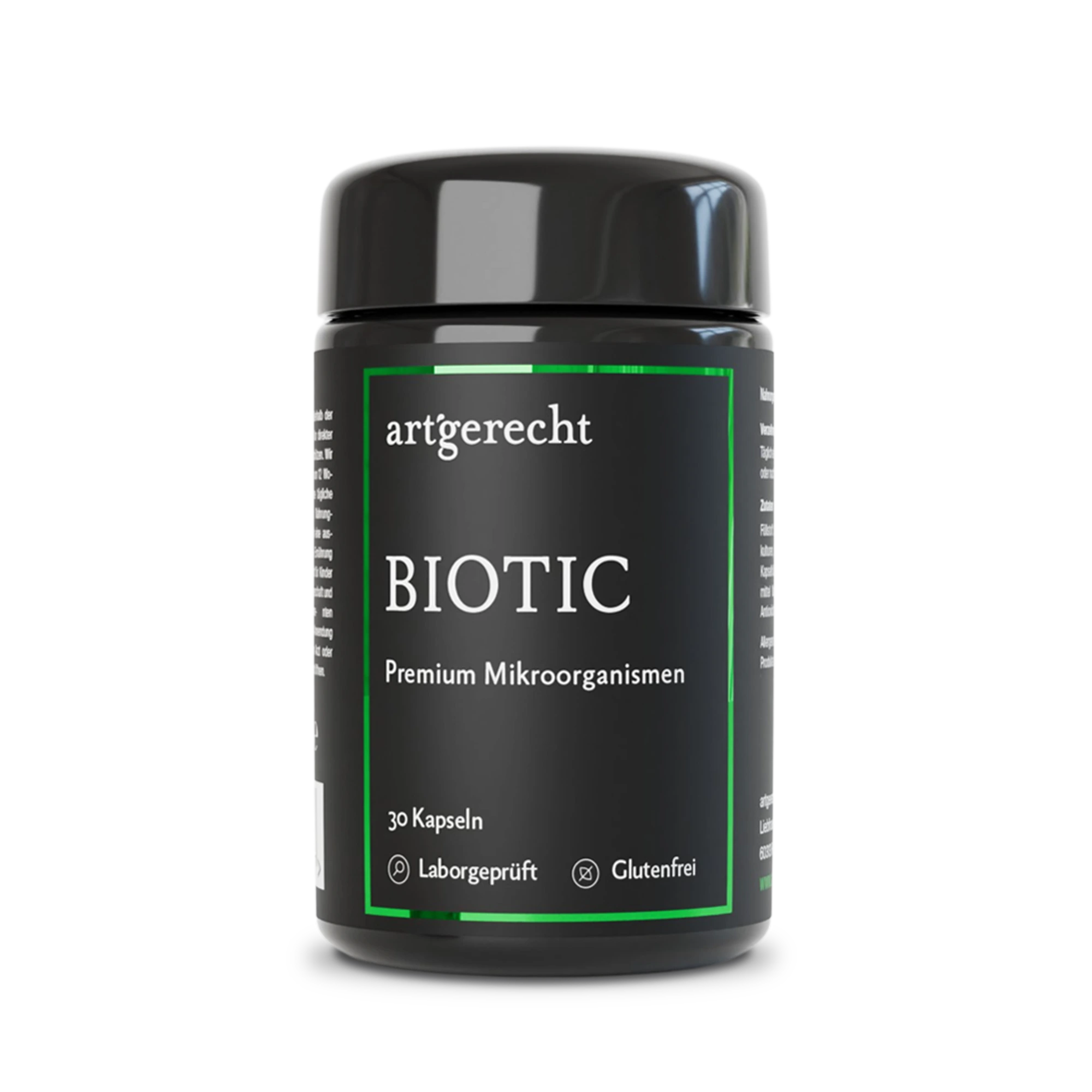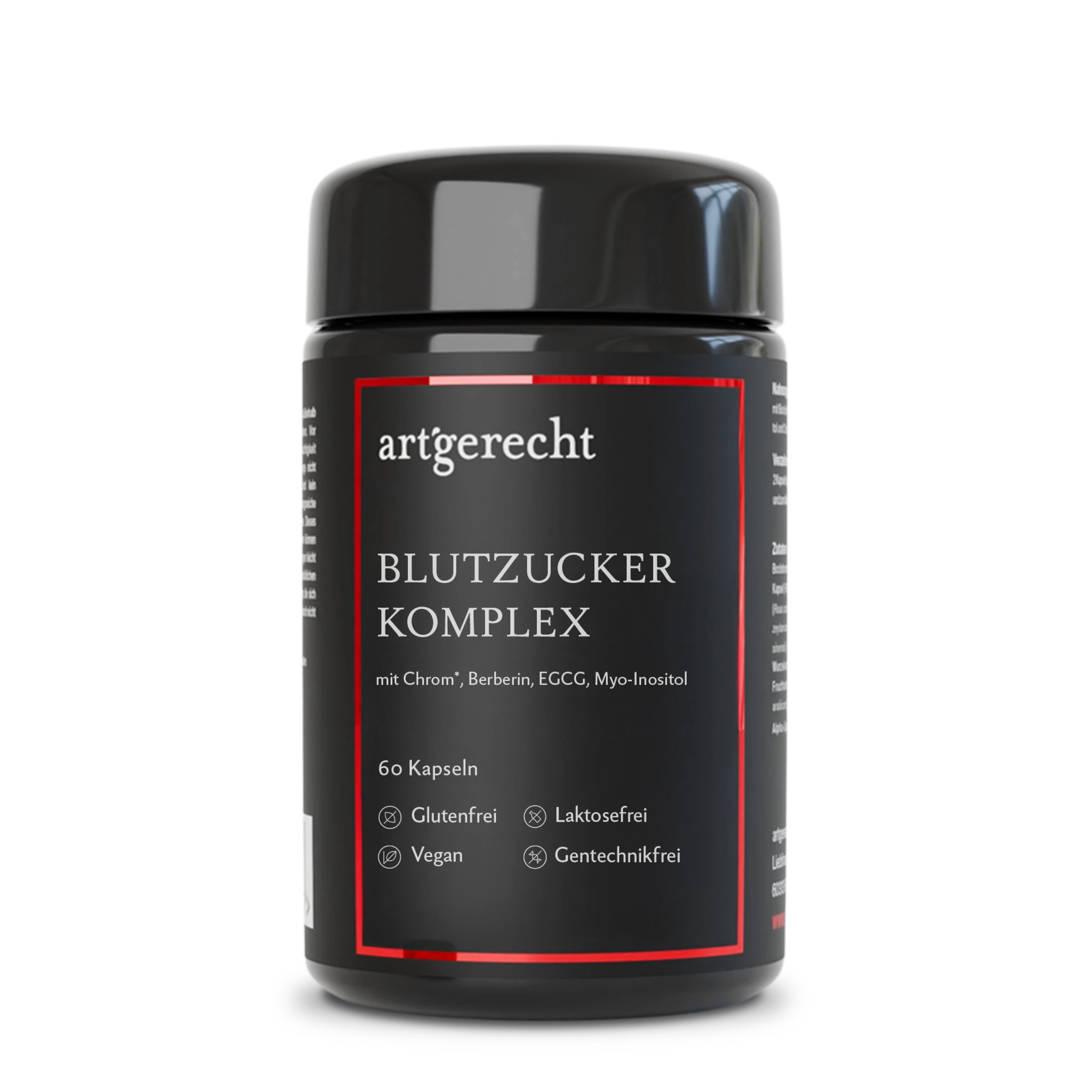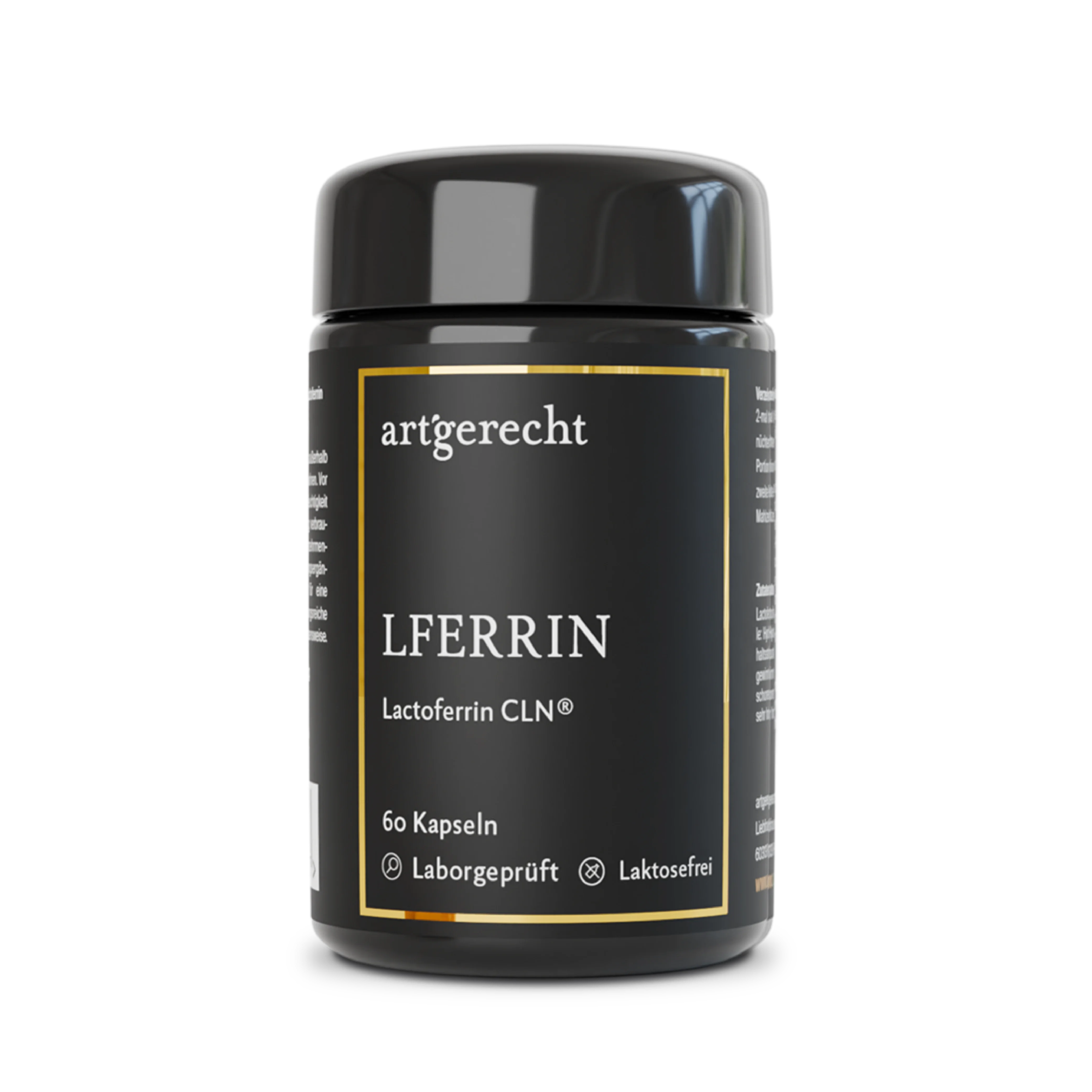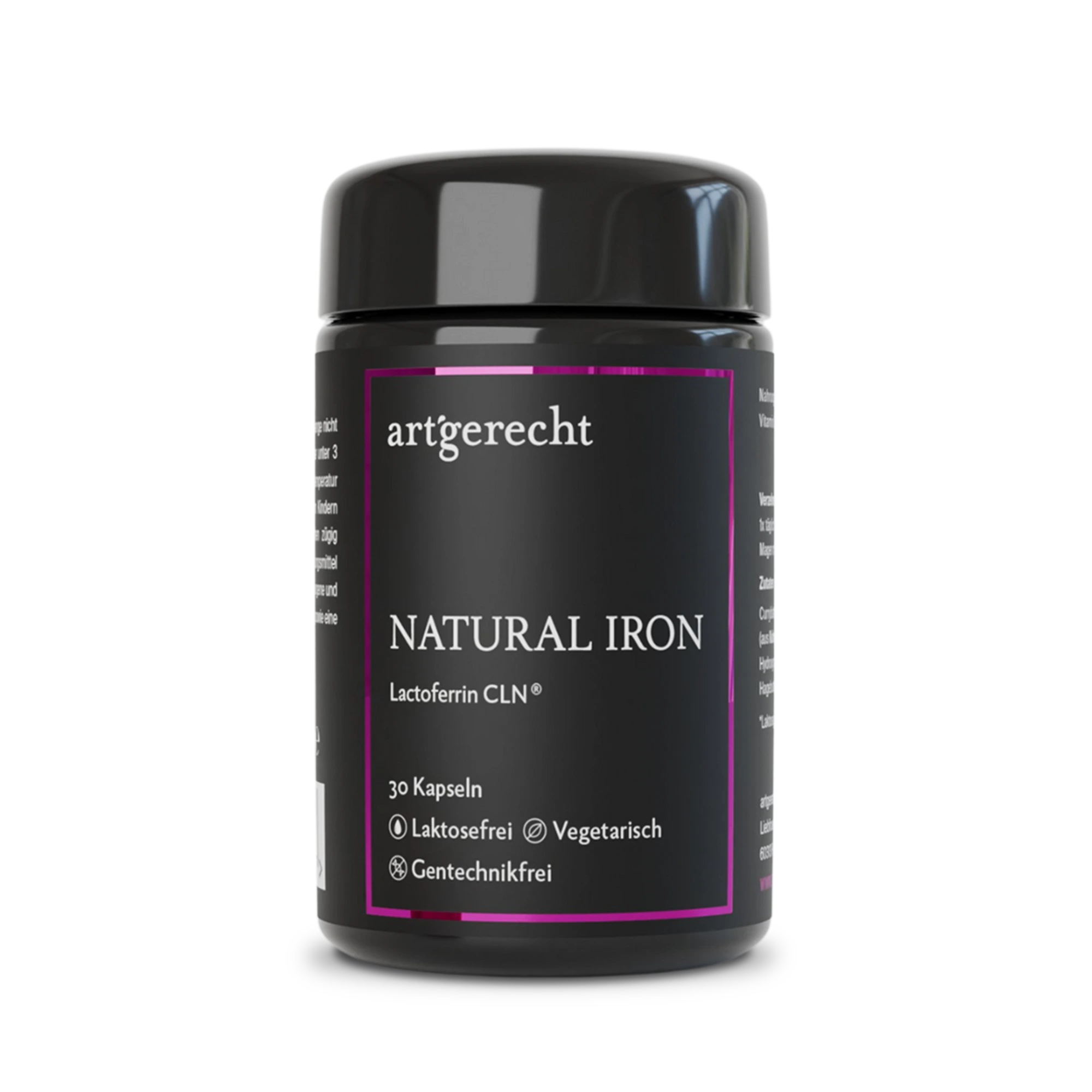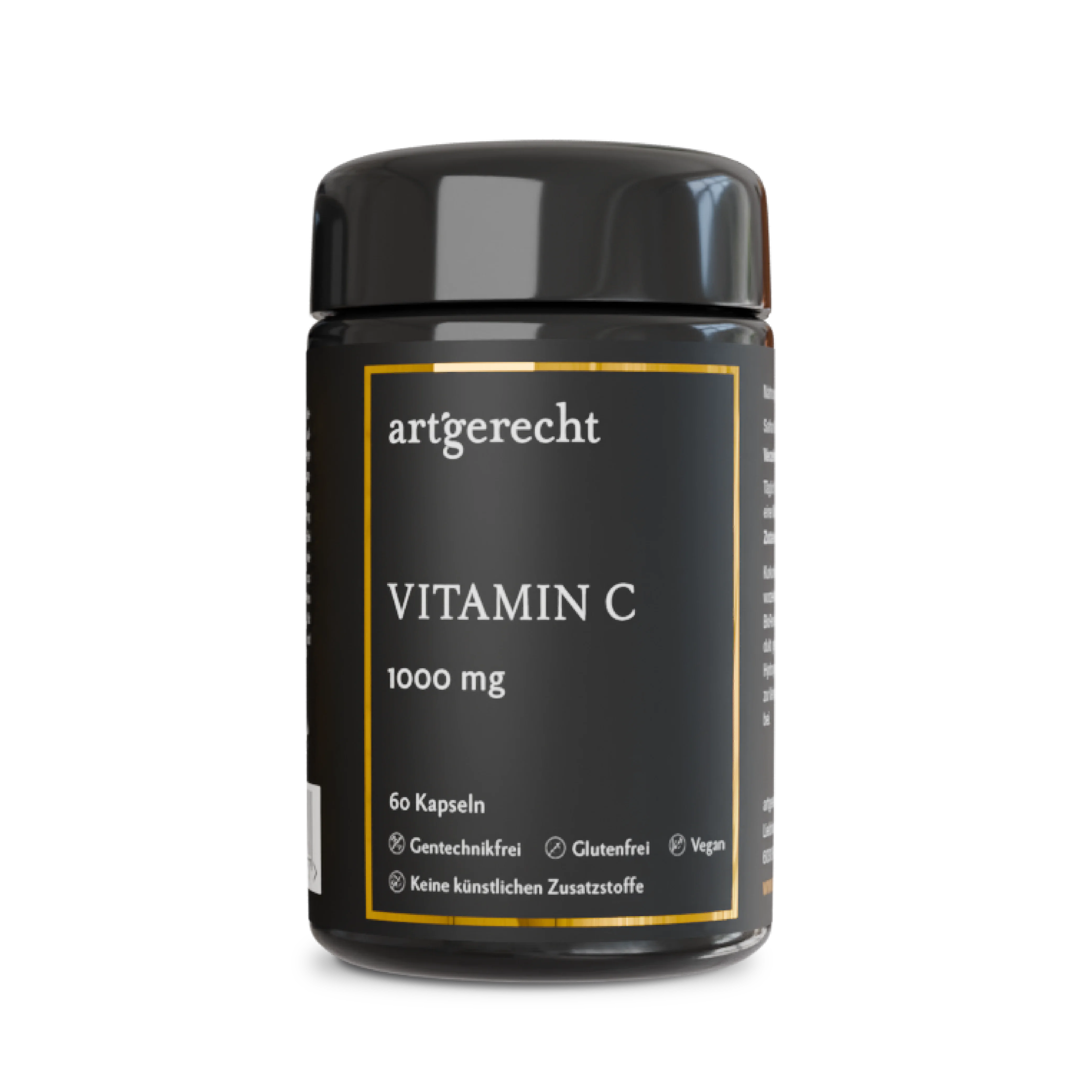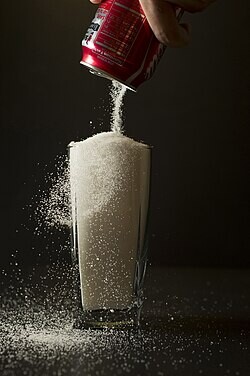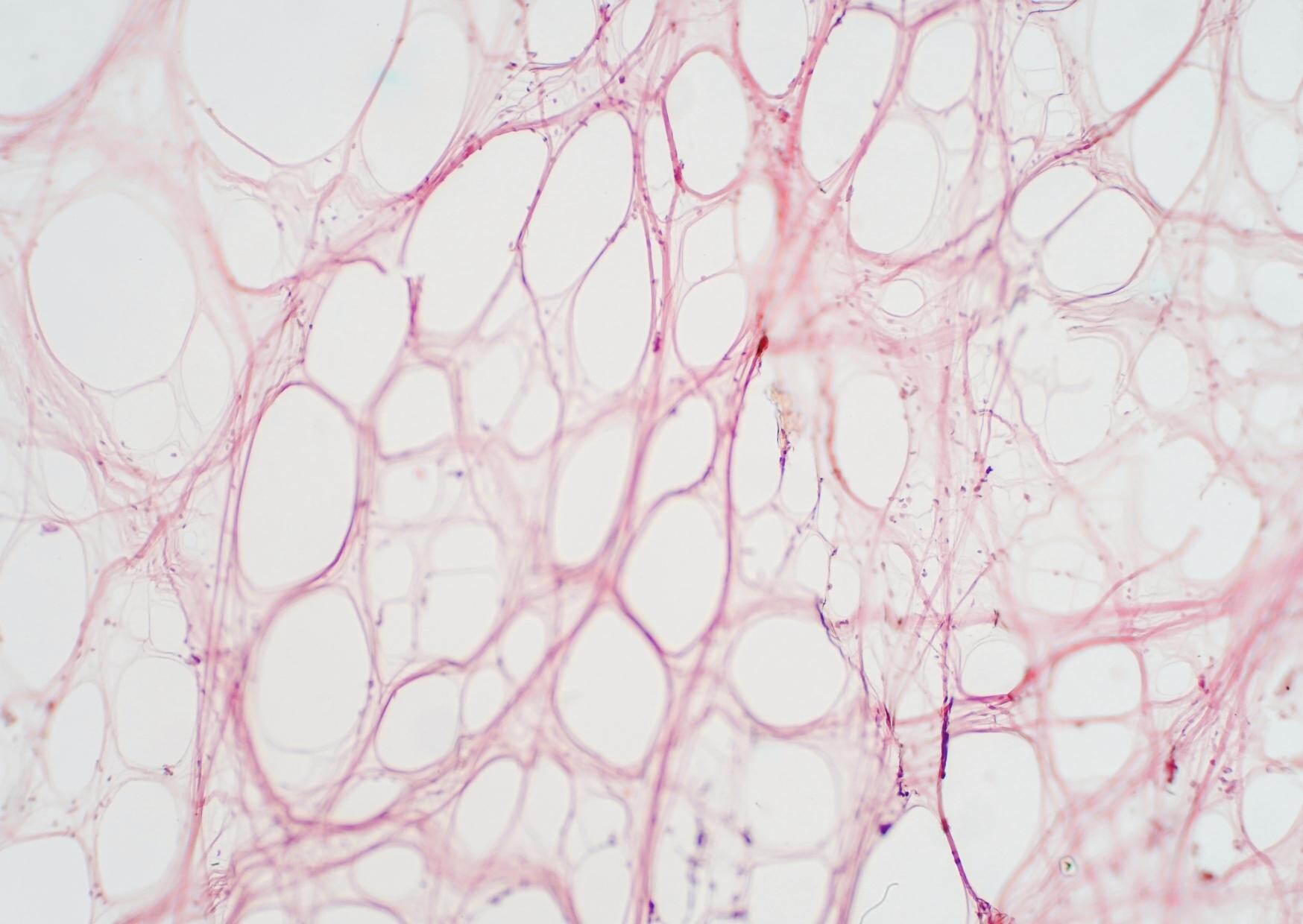Many people know situations like this: Before exams or important appointments, your stomach is queasy, your appetite is low and the first thing you do in the morning is go straight to the toilet. This is because psychological stress, such as strong emotional tension, anxiety or uncertainty, as well as increased stress, can be causes of acute diarrhea.
What is stress?
Whether at work or at home, the thought of stress is always associated with negative connotations. In order to understand what exactly is behind it, we need to take a closer look at the physiological relationships in our superorganism, the human being.
In addition to the well-known classifications of positive and negative stress (eustress and distress), the evolutionarily developed stress system is an important factor for survival. The elementary functional system of the organism made it possible for humans to survive in the first place and to survive today: From getting up and waking up (biorhythm), exercise and sport, thinking and task management throughout the day - the stress system is always active.
What happens in our body?
Everything starts with a stimulus that is perceived by the human senses. This can be a visual or acoustic perception, for example. Subconscious processing ensures that the information can be transmitted to the brain and processed when we see a spider or venomous snake in front of us, for example. The deviation based on experience „is it dangerous or not“ initially ensures the activation of the stress system in a large proportion of people.
During acute stress, all other functions, such as eating or digesting, play no role in survival.
The stress response
The first activation of the stress response takes place via the so-called SAM axis (sympathetic-adrenal medullary axis). This is activated directly in the brain and sends electrical impulses via nerve pathways to the adrenal gland or adrenal medulla. This results in the release of adrenaline and norepinephrine. These two hormones ensure the degradation of fat (lipolysis), the storage of energy (glycolysis) and the formation of new sugar (gluconeogenesis) in the body, mainly from proteins.
In order to increase responsiveness, alertness and concentration, organs supplied by the sympathetic nervous system (which signals an increase in activity to the body) also react by adapting to the stress load: the heart rate is accelerated, the bronchi are dilated and the respiratory rate and depth are increased. The muscles are supplied with more blood, the pupils dilate and gastrointestinal activity, including digestion, is reduced.
Circulating adrenaline and noradrenaline also reach the brain via the bloodstream. This information is used by the hypothalamus, the brain's control center, to convey information about stress. The hypothalamus now instructs the pituitary gland to release a hormone into the bloodstream (ACTH), which reaches the adrenal gland via the blood flow. There it ensures that cortisol is released. By mobilizing stored energy-rich compounds, energy is provided for immediate and sustained physical and psychological stress. Acute and chronic stress can also negatively influence the permeability of the intestinal mucosa and protein digestion through the hormones cortisol and noradrenaline [2]. The effects described lead to an adaptation of the body to the demands of the stress situation. [3] [4] [5] [6] [7] [8] [9]
Fight or flight!
If we apply these findings to the example of the spider, then a decision follows that is probably made subconsciously: Fight or flight! Due to the activity of the stress axes and the released hormones, we are well prepared for this. Energy and blood in the body are where they are needed: in the muscles, lungs and brain, but not in the digestive tract and especially not in the intestines. The entire organism is now on alert: a few minutes pass between the first activity via the SAM axis and the release of cortisol. The solution remains the same, whether spider or snake, lion or deer, we have to move, because that is what the stress system dictates.
Now, however, an organism cannot differentiate between a lion, a spider or a lecture in front of a group, or even the upcoming tax declaration. Nervously and hormonally, the same thing happens as described above. It is also important to understand that during acute stress all other functions „are less “ vital. Eating or digesting, reproducing or regenerating therefore plays no role in survival.
Excursus: Acute and chronic stress
The gastrointestinal tract contains hundreds of millions of nerve cells that react in stressful situations. Acute and chronic stress can have a negative effect on the permeability of the intestinal mucosa and protein digestion due to the hormones cortisol and noradrenaline. [2] Stress, like alcohol, activates the mast cells in the intestinal mucosa.[10] [11]
Stress can also be the cause of symptoms such as abdominal pain, constipation, diarrhea, bloating, nausea and vomiting. Gastric ulcers, chronic inflammatory bowel disease (Crohn's disease, ulcerative colitis), irritable bowel syndrome or chronic inflammation and pain are also associated with it.
Why does stress cause diarrhea?
Extremely stressful situations, such as fear of exams, competitions or important appointments, can be the cause of stress diarrhea. Because the digestive tract is supplied with less blood when in flight-fight mode. The enteral nervous system, i.e. the „brain in the intestine“, ensures faster motility of the intestine and the elimination of excess food slurry, which tends to be counterproductive in a stress phase. At the same time, the stress hormones, in particular noradrenaline and cortisol, cause a „öffnung der Darmbarriere“, with the aim of absorbing as much energy as possible. The result is diarrhea due to stress, which is also described as an escape reflex.
What helps with diarrhea caused by stress?
How those affected deal with stressful situations and which strategies are available to enable them to react appropriately has an influence on how resilient they are. If certain physical or mental stresses cannot be avoided, exercise can help: Sprinting, running and walking, or directly before an „exercise situation“ for example, doing 20 squats or 20 push-ups. Attention should also be paid to a healthy, anti-inflammatory diet, for example with healthy fats or a Mediterranean diet. In addition to exercise, biorhythm (7 to 8 hours of sleep per night) and relaxation (meditation, yoga or massages), the correct supply of nutrients plays an important role, as there is generally an increased need in stressful situations. Personal behavior and integration into a social environment (friendship and love) also have an influence on the individual's perception of stress.
If the diarrhea doesn't get better
If you frequently suffer from gastrointestinal complaints or severe diarrhea, you should not be afraid to visit your therapist or doctor to initiate appropriate treatment and find out the causes. The diarrhea may be caused by an illness, such as an inflammatory bowel disease, which should be treated with medication.
Another important point: becoming more stress-resistant
We humans have always been exposed to a wide variety of stimuli such as heat, cold, hunger and thirst. When it comes to nutrition, certain plant substances (nowadays spices such as turmeric or ginger) have also challenged our bodies. A certain amount is quite natural and also good, because it triggers a kind of survival program in our cells. Today, we can also consciously use such stimuli - according to the principle of hormesis, i.e. optimal dosing. A targeted stimulus can activate protective and repair mechanisms in the cells.
Literature:
- Teitelbaum AA, Gareau MG, Jury J, Yang PC, Perdue MH. Chronic peripheral administration of corticotropin-releasing factor causes colonic barrier dysfunction similar to psychological stress. Am J Physiol Liver Physiol. 2008;295(3):G452-G459. doi:10.1152/ajpgi.90210.2008.
- Söderholm JD, Perdue MH. II. stress and intestinal barrier function. Am J Physiol Liver Physiol. 2001;280(1):G7-G13. doi:10.1152/ajpgi.2001.280.1.G7.
- Söderholm JD, Perdue MH. II. stress and intestinal barrier function. Am J Physiol Liver Physiol. 2001;280(1):G7-G13. doi:10.1152/ajpgi.2001.280.1.G7
- Wolf A, Wolf F. Burn-out: independent disease or precursor of depression? Diagnosis and therapy. Journal of Orthomolecular Medicine. 2013;1:19-23. doi:10.1055/s-0035-1559600.
- Wolf A, Wolf F. Burn-out: Inherent disease or precursor to depression? Causes and neurobiological stress response. Journal of Orthomolecular Medicine. 2013;1:4-8. doi:10.1055/s-0035-1559600.
- Wolf A. Diagnostics and therapy of stress exposure. Journal of Orthomolecular Medicine. 2016;1(01):26-27. doi:10.1055/s-0035-1547595.
- Nicolaides NC, Kyratzi E, Lamprokostopoulou A, Chrousos GP, Charmandari E. Stress, the stress system and the role of glucocorticoids. Neuroimmunomodulation. 2015;22:6-19. doi:10.1159/000362736.
- Chrousos GP. Stress and disorders of the stress system. Nat Rev Endocrinol. 2009;5(7):374-381. doi:10.1038/nrendo.2009.106 PM – 19488073 M4 – Citavi.
- Cyr NE, Romero LM. Identifying hormonal habituation in field studies of stress. Gen Comp Endocrinol. 2009;161(3):295-303. doi:10.1016/j.ygcen.2009.02.001.
- Kvetnansky R, Sabban EL, Palkovits M. Catecholaminergic Systems in Stress: Structural and Molecular Genetic Approaches. Physiol Rev. 2009;89(2):535-606. doi:10.1152/physrev.00042.2006.
- Lutgendorff F, Akkermans L, Soderholm J. The Role of Microbiota and Probiotics in Stress-Induced Gastrointestinal Damage. Curr Mol Med. 2008;8(4):282-298. doi:10.2174/156652408784533779.
- Gareau M, Silva M, Perdue M. Pathophysiological Mechanisms of Stress-Induced Intestinal Damage. Curr Mol Med. 2008;8(4):274-281. doi:10.2174/156652408784533760.
Meistgesuchte Präparate
Unsere Leser schätzen neben fundiertem Wissen rund um Gesundheit & Ernährung auch Präparate in höchster Qualität. Folgend findest Du unsere derzeit meistgesuchten Produkte.


